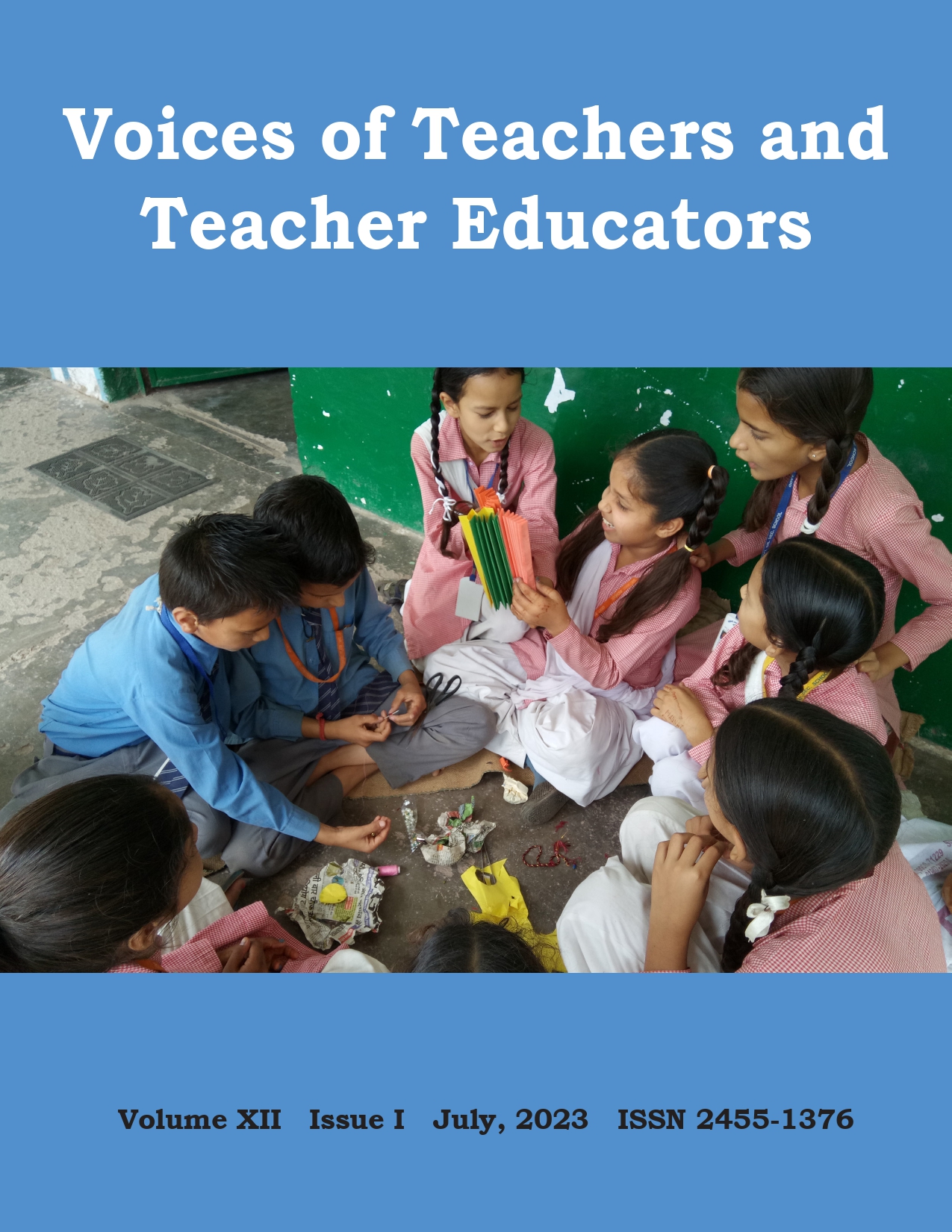Published 2024-12-11
Keywords
- (United Nations Children’s Fund,
- United Nations Convention on the Rights of the Child
How to Cite
Abstract
Globally population of vulnerable children have increased manifold over the years due to various reasons. In such a scenario the children are considered as the state’s responsibility. Researchers have documented that family is the best place to provide adequate care and for optimum development of a child, however, circumstances compel them to go into alternative care. Henceforth several provisions including institution and non-institution based alternative care have been made available for vulnerable children in India and across the globe. Non-institutional i.e. family-based care option for such children have been considered best, hence de-institutionalisation is a recent debate. However, de-institutionalisation without proper planning might stumble the state and system. Institutions, as care options, are considered as the last resort, however their role cannot be negated keeping in view the huge population of vulnerable children in India. It’s thus imperative that rather than haphazardly closing institutions, efforts to empower the institutions must be made to respond to the holistic development of children, according to their ages. Researches corroborated that children in these settings encounter multitude of delays and problems in various domains and academic performance. In India, few researches are available about social-emotional, academic delays and needs of institutionalised children. Therefore, this paper presents gaps and issues children face while living in institutions and also suggest that family-based alternative care options are yet to be evolved and accepted fully by Indian society.

